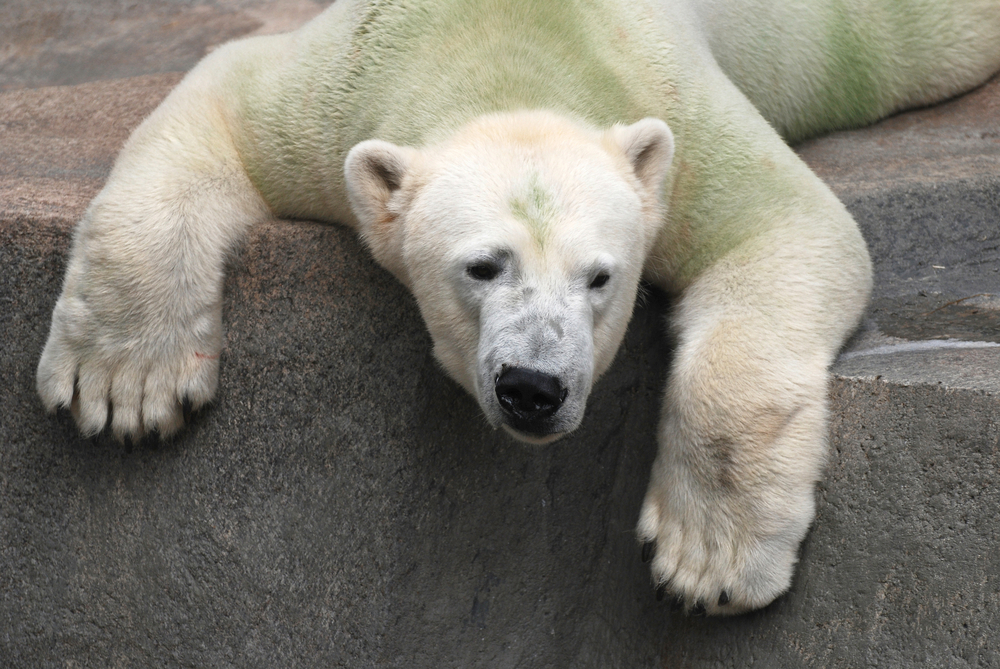That’s not a euphemism, by the way—I’m not saying that the chemicals are affecting the virility of the polar bear population (though they probably are). I’m saying that some scientists in Denmark think that pollutants have been literally causing polar bear dongles to lose their bone density over time. For real.
While humans don’t actually have any bones in our boners, many mammals do—this penile bone is called a “baculum,” and it’s exact anatomical function is still unclear. Some theorize that it might help to support the penis or stimulate the female during mating, while others think it’s just an old remnant of evolution, like human wisdom teeth. Still other more radical scientists believe that the bone allows these animals to travel through time and… wait, no, that’s Bakula, not baculum. Sorry.
Anyway, Christian Sonne and a team of scientists from Aarhus University in Denmark recently looked a baculum specimens from over 270 polar bears from across Northeast Greenland and Canada, in order to track the effects of polychlorinated biphenyls in the polar bear population, a pollutant that was banned in 2001 but still can be found in high concentrations near the Arctic. They found that polar bears with unusually high amounts of polychlorinated biphenyls in their bodies have both smaller testes and a less dense baculum than other bears, which might negatively affect their mating habits. After all, if your penis might shatter to pieces when the sex gets too rough, you might decide it’s not worth propagating the species.
Despite this very common knowledge about penises and what mammals will do with them, it’s tough to tell exactly how much of an impact on mating this change in bone density will eventually have—though, as Sonne notes, bears that are nutritionally stressed are also more susceptible to pollution as well, which means double trouble for bears struggling to make sense of their shrinking habitat.
Eventually his team hopes to determine whether or not both food stress and pollutant exposure might produce any evolutionary changes in the bears as well.
Hey, maybe one day we’ll welcome them to the boneless boner party, too! Trust us, bears, it’s not so bad. Just think of all the… um, shapes you’ll be able to bend them into now! That’s a thing, right?
(via New Scientist, image via Oleksandr Koretskyi)
Are you following The Mary Sue on Twitter, Facebook, Tumblr, Pinterest, & Google +?








